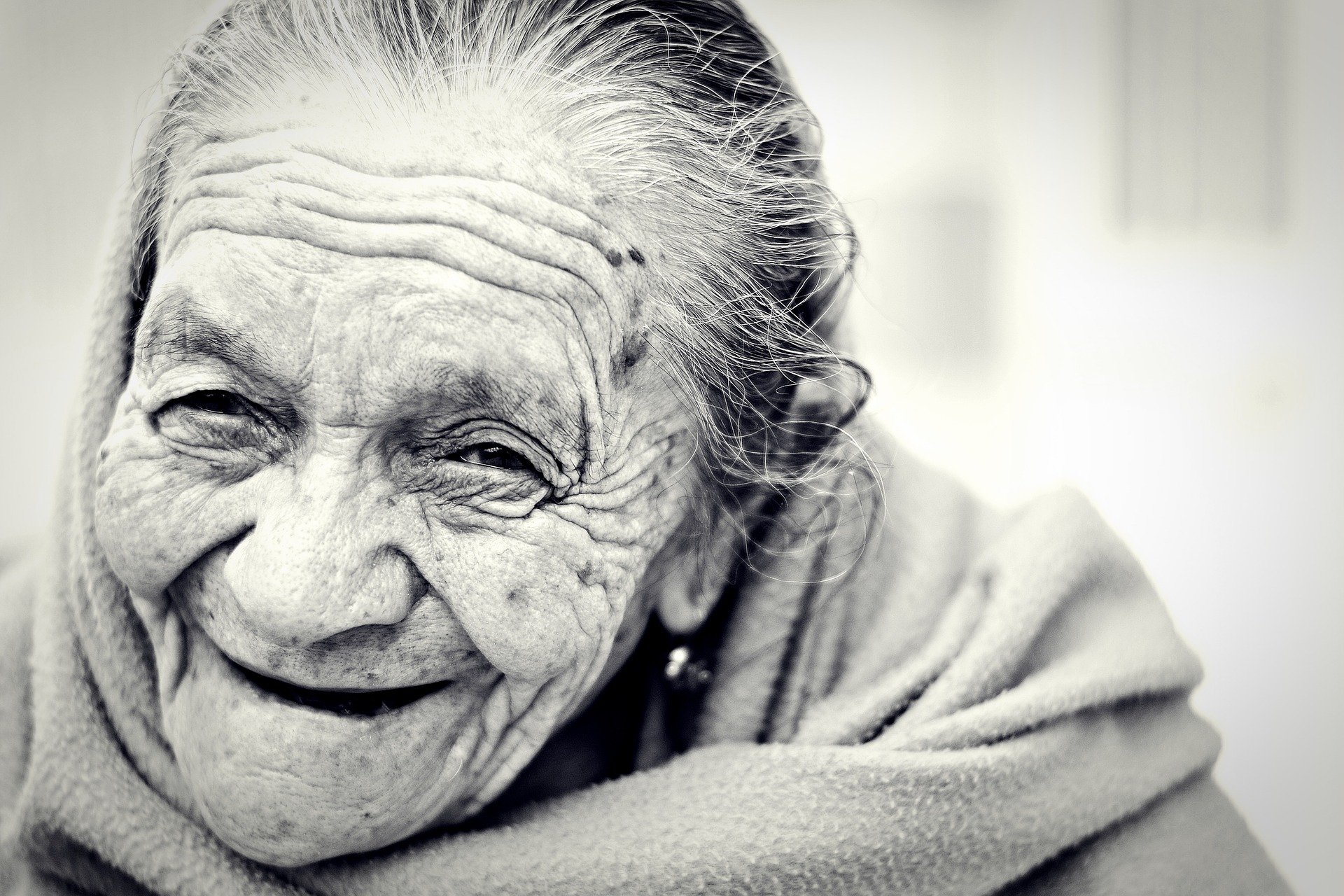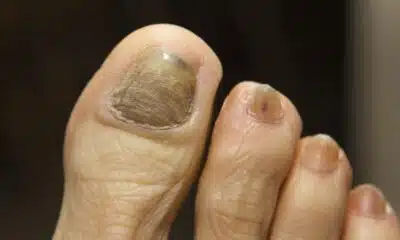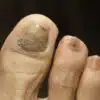HEALTH
Three Major Psychological Disorders in Elderly People!
Mental illnesses are the taboo talk that we still avoid. It might come off as a surprise to you since you are reading this article I’m assuming you must’ve typed something relevant in the Google Search Bar; however, do believe me when I tell you it’s a subject people are still hesitant to confront.
It is important to realize that elderly people are more vulnerable to mental illnesses than adults – and proportionally less willing to accept the aid they’re being given. I’ll explain to you three common illnesses that elderly people are at great risk of suffering.
Dementia
People who have dementia can lose their memory very often and lack concentration as the focus. It is one of the most common diseases people suffer from. To know more about it, read this
Causes of Dementia
Many things can prove to be a cause of dementia, such as, a head injury, pressure on the brain that might be caused due to a tumor, infection, a vitamin deficiency or simple lack of oxygen supply to the brain.
Symptoms of Dementia
Symptoms include lack of concentration and focus with a loss of memory; even change in mood and apathy could prove to be very early signs of dementia. You can read up specific symptoms here. However, many of the symptoms can belong to other diseases as well. Therefore, it is your safest option to consult a specialist in the event of finding your concerned elderly person with any of the symptoms.
Types of Dementia
It is important to mention that dementia has various types and the disease can be considered the mother of various mental illnesses. Some major kinds are:
- Alzheimer’s disease which is explained later,
- Vascular dementia,
- Mixed dementia,
- Dementia with Lewy Bodies and
- Front-temporal dementia which basically includes Pick’s disease
These are some common forms of this vicious disease. And then there are some kinds of dementia which are relatively rare but exist nonetheless, such as;
- Corticobasal degeneration (CBD),
- Huntington’s disease,
- Multiple sclerosis (MS),
- Niemann-Pick disease type C,
- Normal pressure hydrocephalus (NPH),
- Parkinson’s disease dementia (PDD),
- Posterior cortical atrophy (PCA),
- Progressive supranuclear palsy (PSP)
Cures of Dementia
Dementia is not a disease with a conclusive disease that could completely eradicate the symptoms since it the underlying cause in most cases is the genetic structure of a person. Therefore, it is safe to assume that Gene Therapy is one cure that can fairly reduce the symptoms.
For preventive measures, one could always consider getting the Dementia Vaccine; however, this vaccine is still being researched upon. Another methods scientist are looking into, is using stem cells that can finally build new brain cell to replace the ones damaged by Dementia.
Psychological therapies for Dementia
Two basic kinds of psychological therapies can be utilized to reduce the symptoms effectively:
- Cognitive Stimulation: researchers have shown that involving patients in activities such as problem-solving can very well help with the symptoms since it involves increased brain activity, and works as a memory enhancer.
- Validation Therapy: It’s very simple; the patient’s past life events, relations, activities, and identity need to be endorsed. This way, their past is validated and connected to the way they feel is present.
Alzheimer’s disease
Alzheimer’s disease is necessarily a form of dementia, in which the brain tends to get stuck to one particular memory. 60%-80% cases of dementia actually fall under the category of this particular illness. This disease can get worse over the term, and normal life expectancy of an Alzheimer’s patient is somewhere between four to twenty years depending on the severity of an individual’s case.
Causes of Alzheimer’s disease
It is often considered a genetic disorder, but plaques and tangles can also cause it in the brain. But the very many reasons behind this disease is the death of brain cells. It is essentially a neurodegenerative disease like almost every other brain disease. It actually involves shrinking of the brain tissue over time.
Symptoms of Alzheimer’s disease
The effects of Alzheimer’s are drastic, a person loses the ability to rationalize events, forgets his relations, the ability to speak is severely impaired, and changes in mood are severe including anxiety, another noticeable symptom is difficulty in carrying out multistep tasks such as dressing yourself. In extreme cases hallucinations, delusions and paranoia should be expected.
Cures for Alzheimer’s disease
It is often discussed if this disease can be prevented. However, Alzheimer’s disease is not caused due to any particular issue, and therefore its prevention is still just a speculative question for the neurologists. It is advisable to eat a truly balanced and nutrient-rich diet to avoid such diseases when one age. Generally, cures can be of two kinds, drug, and on-drug. But the only effects both of these methods is an improvement in the symptoms, complete eradication of the disease is not yet a solution. Read up more on how these diseases can be a treated.
Parkinson’s disease
Another very common old-age mental disorder is Parkinson’s Disease. It essentially affects a person’s ability to move however on a further progressed stage it causes to affect the judgment of a person as well.
Causes of Parkinson’s disease
The first and foremost for this disease is your genes. Just like dementia, since it is eerily similar to Dementia with Lewy Bodies and sometimes it is hard to tell apart. In fact, Lewy bodies are another cause of triggering this disease. It can even be caused by certain toxins found in the environment but such risk is minimal and is not generally deemed to be a popular cause of the disease. So it boils to either a person’s genes or the formation of Lewy bodies in a person’s brain.
Symptoms of Parkinson’s disease
The symptoms of this fairly common disease include muffled speech, hallucinations, changes in memory and concentration, sleeplessness and depression. A telltale sign of Parkinson’s disease are tremors, it can easily be observed that the patient’s body is shaking and it begins from the limbs. It can be followed by rigid muscles, a slower movement speed which is sometimes referred to as bradykinesia.
Cures for Parkinson’s disease
Considering the fact that just like Alzheimer’s disease, this disease has no particular cause and therefore it cannot be effectively prevented either. Sometimes, Parkinson’s disease and dementia occur side by side in which case, the medication of this disease can make symptoms of dementia worse. However, to reduce the physical symptoms of Parkinson’s disease, physiotherapy can be considered a promising option. Otherwise, generally, doctors put patients on drugs that keep the symptoms in check. IN cases that get too worse to be handled by medication, doctors resort to surgery.
Most of the mental diseases are however caused due to a lack of physical fitness and worrying too much. Exercising and eating clean keeps are hormones balanced, and therefore we are ultimately stress-free. This might prove to be a game changer when it comes to combating mental illnesses.



















